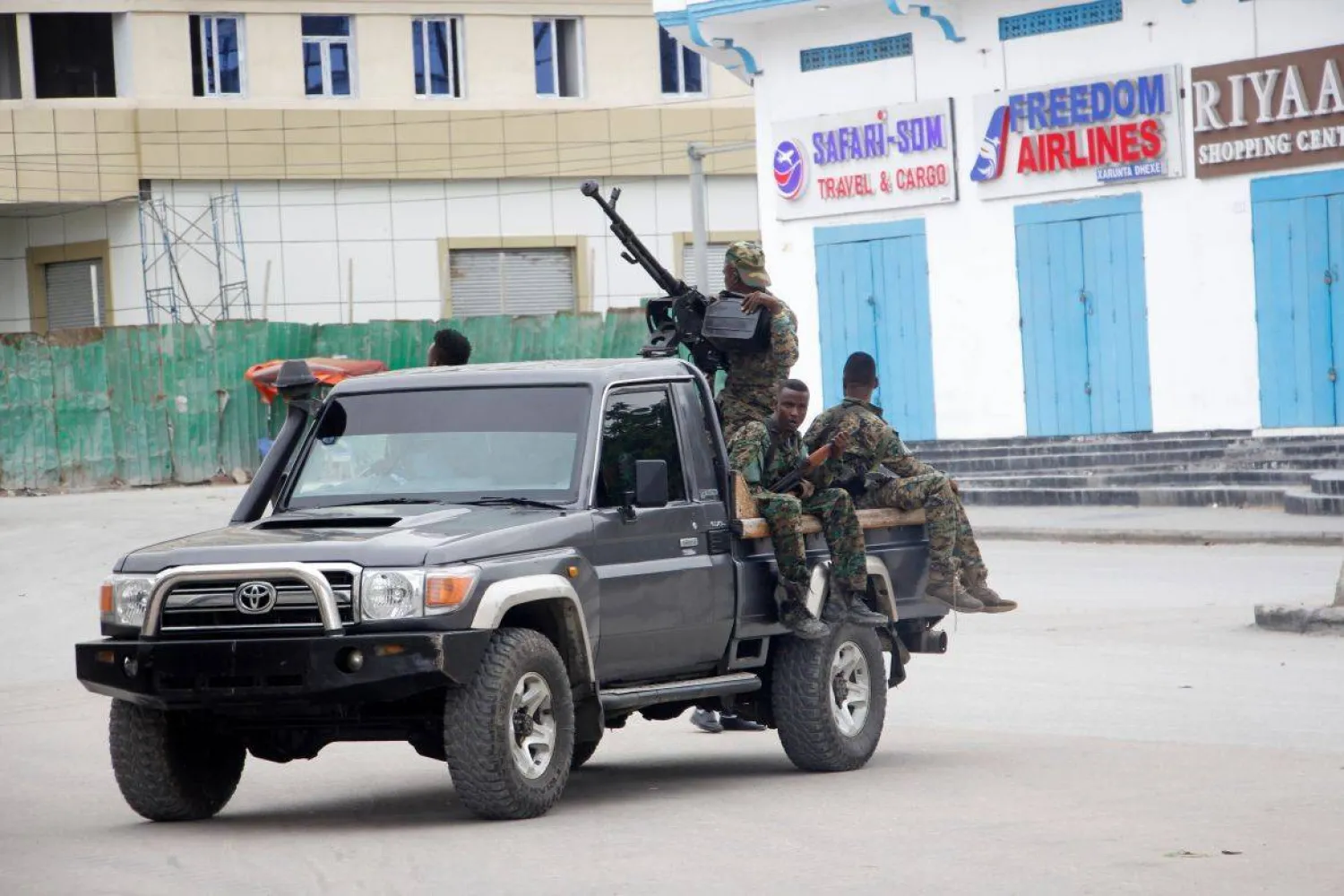The US military announced an unspecified number of casualties following an airstrike against the extremist al-Shabab group.
The raid took place as the director of Somalia's National Intelligence and Security Agency made an unannounced trip tp Washington.
The United States military confirmed the new airstrike against al-Shabab.
The strike took place in Jilib town on Saturday in collaboration with the Somali federal government, according to a statement by the US Africa Command, known as AFRICOM, on Monday.
"The command's initial assessment is that no civilians were injured or killed," the statement said.
Avoiding civilian casualties remains a priority for the US military, it added.
The Somali National News Agency reported on Tuesday that the Somali army, in cooperation with international partners, carried out a military operation in Jilib leading to several casualties among al-Shabab and the destruction of their military equipment.
Meanwhile, Mahad Salad, director of Somalia's National Intelligence and Security Agency, made an unannounced visit to the US where he met officials from the Pentagon, CIA, and FBI to discuss security cooperation and combatting terrorism, revealed cabinet sources.
The state news agency reported that the Somali army continues to conduct military operations in cooperation with the popular resistance to defeated the al-Shabab group. These operations have led to the liberation of more than 80 cities and regions across the country.
Meanwhile, four Somali government soldiers were killed Monday in a roadside explosion in Mogadishu's Daynile district, the Ministry of Defense said.
The al-Shabab group claimed responsibility for the attack.
Brigadier General Abdullahi Ali Anod, the ministry's spokesperson, said three soldiers and an officer were killed.
This comes after a rare appearance of al-Shabaab leader Ahmed Omar Abu Ubaidah during the “Jihad in East Africa Conference”, which was attended by more than a hundred of the group’s leaders.
Al-Shabab media broadcast footage of the group leader during the eight-day conference.
Al-Shabab named Abu Ubaidah as the successor to Ahmed Abdi Godane, who was killed in a US strike in September 2014.
The US is offering a reward of up to $10 million for information on Abu Ubaidah. The US Department of State designated him as a global terrorist in April 2015.









